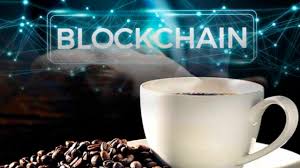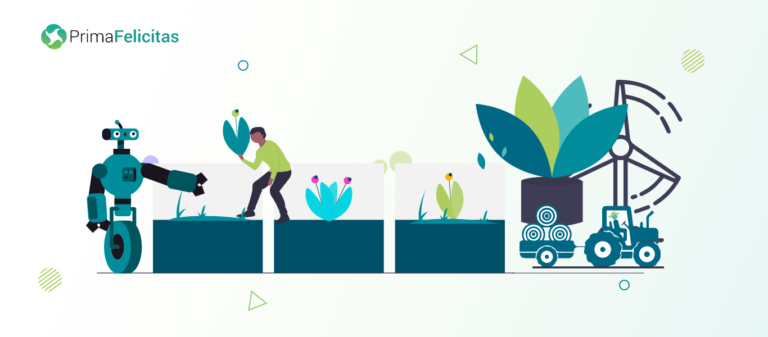Hook: Imagine buying coffee through blockchain technology! Sounds like something from the future, right? Well, it’s happening today—and it could completely transform the agricultural industry.
In an exciting first, Agridex, a blockchain platform built on Solana, has successfully completed its first-ever coffee trade on the blockchain. This might sound like just another cool tech story, but it’s much more than that—it’s a glimpse into the future of agriculture, where the power of blockchain is making transactions faster, cheaper, and more efficient.
The Big Move: Coffee Meets Blockchain
Agridex facilitated a trade where Tiki Tonga Coffee, a UK-based coffee brand, exported premium coffee to South Africa. But what made this deal different? The payment wasn’t just some simple international transfer; it was settled through Agridex’s blockchain platform, using South African rands and British pounds. And get this—the transaction fee was only 0.5%, compared to the 5%-7% fees on typical cross-border transactions. Plus, it was instant, while traditional methods usually take up to 12 days to settle.
This is a game-changer because businesses usually have to deal with high fees and long waiting periods when trading agricultural commodities across borders. But Agridex is streamlining that entire process with the magic of blockchain. According to Tiki Tonga’s founder, Brad Barritt, they not only saved on fees but also avoided the headache of managing paperwork and compliance. It’s like solving a big problem with one simple solution.
What’s the Bigger Picture Here?
While the coffee transaction is groundbreaking, this technology is not limited to just coffee. Agridex plans to bring blockchain to a variety of agricultural commodities like livestock, wine, and olive oil. In fact, the platform has already facilitated $4.5 billion in transactions across different agricultural sectors. That’s huge!
The real kicker? Experts say that tokenizing real-world assets (RWAs) like crops, farmland, and even carbon credits could create a multi-trillion-dollar industry by 2030. That’s right—a trillion-dollar industry. By converting physical assets into digital tokens, blockchain makes them more accessible, lowering investment barriers and allowing for more efficient transactions.
Why Does This Matter to You?
If you’re into tech and cryptocurrencies, this is big news because it shows how blockchain can expand beyond just financial markets and impact real-world industries like agriculture. Here’s why this should matter to you:
- Cost Efficiency: Blockchain helps reduce transaction fees drastically. This can be especially important in industries like agriculture, where margins are thin, and every penny counts.
- Speed & Convenience: Traditional cross-border payments are slow and cumbersome. With blockchain, transactions are instant, which is crucial for time-sensitive trades like agricultural commodities.
- Global Investment Opportunities: Tokenizing agricultural assets opens up new ways for people to invest in land, crops, and other physical assets without the traditional barriers. This could lead to a global revolution in how investments are made.
- Bridging Agriculture with Technology: Blockchain can solve major issues in agriculture, like inefficiencies, environmental damage, and supply chain opacity. Farmers could directly sell their products to buyers without relying on expensive middlemen.
- A Multi-Trillion-Dollar Opportunity: If the agricultural industry embraces blockchain and tokenization, it could lead to a massive shift in the global economy, creating trillion-dollar markets and new investment opportunities. You could be part of this revolution.
Key Terms to Remember:
- RWA Tokenization: Converting real-world assets like crops and land into digital tokens on a blockchain.
- Agridex: A platform that uses blockchain to facilitate trades in agricultural commodities, lowering costs and improving efficiency.
- Blockchain: A digital ledger that enables secure, transparent transactions without the need for middlemen.
- Agricultural Commodities: Products like coffee, livestock, wine, and crops that are traded on a global scale.
- Tokenization: The process of turning physical assets into digital tokens that can be traded and tracked on a blockchain.
In Conclusion: The Future is Now
What Agridex has done with the coffee trade is just the beginning. If this technology catches on, it could completely reshape industries that rely on global trade and commodity exchanges. By reducing costs, improving speed, and making agricultural trade more accessible, blockchain could be the key to unlocking a more efficient, transparent, and profitable global agricultural market.
This is your chance to understand how blockchain can impact real-world industries beyond finance—and why it’s something you should pay attention to if you want to stay ahead of the curve in technology and investment.


